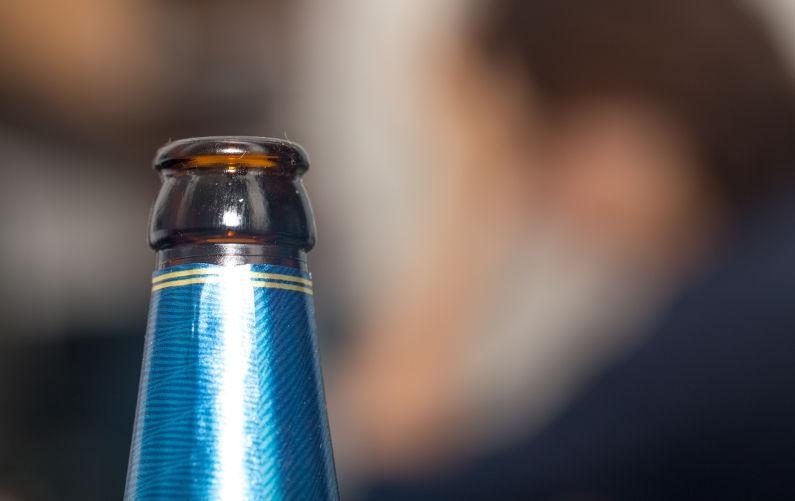If alcoholics don’t pick up the first drink, they can’t get drunk
April 22, 2025
Alcoholics Anonymous in Australia is celebrating its 80th anniversary with a national convention in Sydney this month. Ross Fitzgerald, who has been sober for 55 years, looks at the organisation’s history.
Australia was the first country outside North America to hold AA meetings. The first such meeting was on 1 March 1945 in Sydney.
The founder of Alcoholics Anonymous in Australia in 1945 was my friend, Dr Sylvester Minogue, who was the medical superintendent of Rydalmere Hospital in Sydney.
Dr Minogue was an alcoholic, who from time to time had to be incarcerated in his own mental facility! Like many early members, he stayed sober until he died.
After the first AA meeting, the fellowship soon spread to rural NSW and then throughout Australia.
Since its beginnings, AA has regarded alcoholism as a health problem, not a moral problem. This means that members come to understand that alcoholics are not bad people trying to be good, but people with an illness who can recover if they remain abstinent, one day at a time.
Despite some misconceptions, the only requirement for AA membership is a desire to stop drinking. Hence the AA movement contains alcoholics of all types, including agnostics and lifelong atheists such as myself.
But because AA is an unpaid lay movement of people who have managed to get and remain sober and who wish to help other alcoholics, it is still often undervalued by medical practitioners, psychologists and other health professionals.
Sometimes people are puzzled about who is an alcoholic and who is not.
If someone inquires “Am I an alcoholic?” it is suggested they ask themselves four questions:
- Is alcohol costing you more than money?
- Does your personality change for the worse after drinking?
- Do your relatives, friends and lovers point out that you have a problem with alcohol?
- And finally, after drinking, do you sometimes have hours, or even days, that you cannot remember? This is commonly referred to as a blackout or alcoholic amnesia.
If a person answers yes to at least three of these questions, they are almost certainly an alcoholic. These are precisely the people for whom total abstinence is the only safe option.
Put simply: if alcoholics don’t pick up the first drink, they can’t get drunk.
The truth is that for an alcoholic, young or old, the best chance of recovery lies in not drinking alcohol at all, one day at a time.
Although it is difficult for alcoholics to remain sober, AA is by far the most successful agency is getting them to stop drinking and to stay that way.
So as I often say to alcoholics and their family and friends, why not avail yourself of the best?
AA has saved so many lives and brought people back from the brink of destruction.
Eighty years after its foundation in Australia, AA has never been needed more.
The 80th anniversary of Alcoholics Anonymous, to be celebrated at the Sydney Town Hall and Sydney Hilton Hotel, from 18 to 21 April.
Republished from CBR City News, April 12, 2025
Alcoholics Anonymous (AA) Australia contact
To find an AA meeting close to you or for information about quitting or reducing your drinking, contact AA or visit their website.

